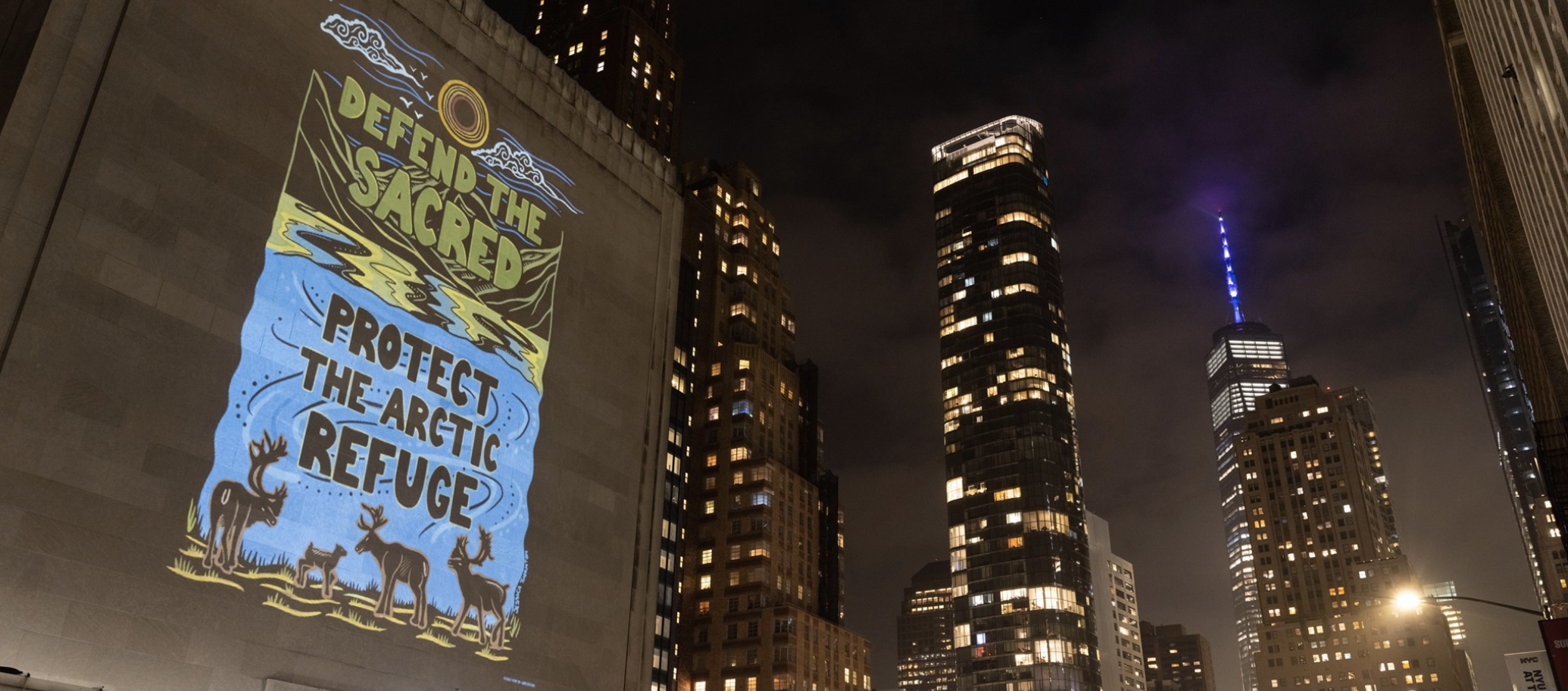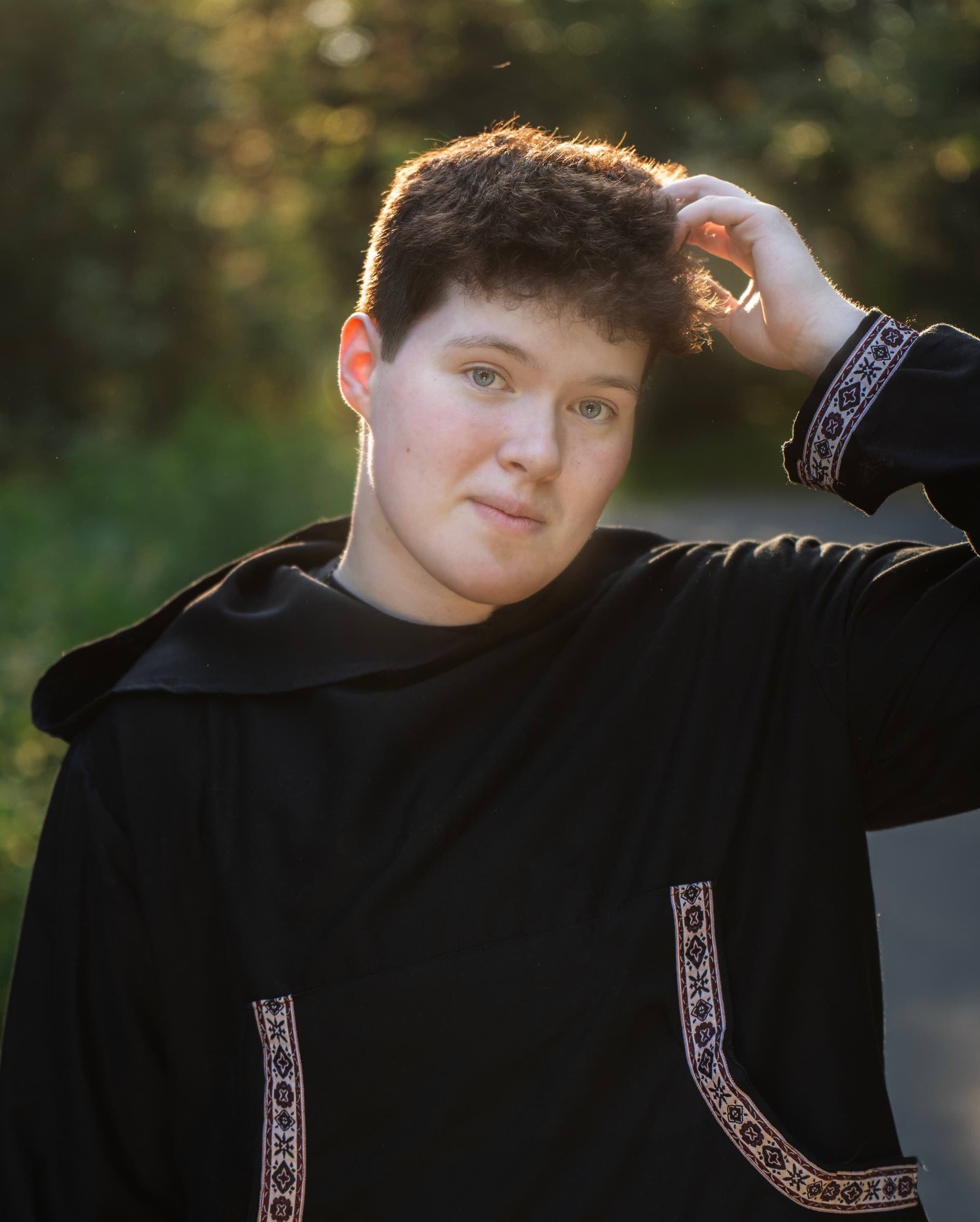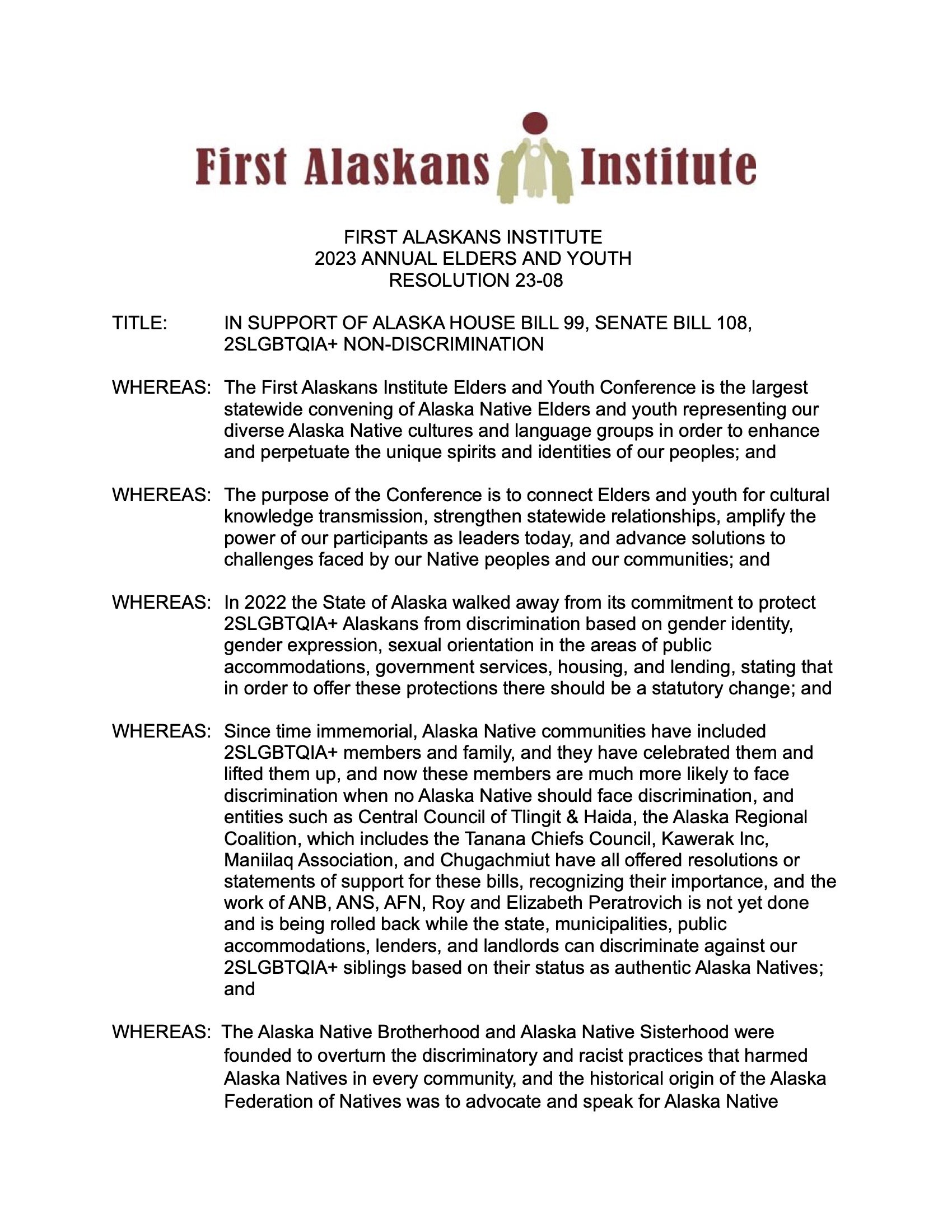If you don’t like what your government is doing, Governor Dunleavy does not want to hear about it. In fact, our Governor is so scared of the peoples’ voice that he has introduced two bills specifically aimed at chilling free speech. SB 255 and HB 386 allow for significant fines and even imprisonment for exercising our Constitutional rights to free speech and assembly. These bills would not only punish peaceful protest; as written they would criminalize homelessness and could allow unhoused people to be jailed for putting a tent in the wrong spot or sleeping on a sidewalk.
Governor Dunleavy’s attorney general Treg Taylor has been spending his time promoting these anti-protest bills at the Alaska Legislature. He has tried to paint peaceful protest as a threat to Alaskans’ safety. At an April 15 hearing in the House Judiciary Committee, Representative Andrew Gray asked some pointed questions about the so-called problem these bills are meant to solve. Mr. Taylor cited an out-of-state protest and the Nenana Land Back blockade. We at Native Movement happen to be intimately familiar with the Nenana Land Back movement and blockade, and it is hard to imagine the logical contortions Mr. Taylor has to perform to frame this blockade as a safety threat.
The Nenana road blockade was a peaceful Tribal effort to protect traditional lands from destruction. Here’s what we said at the time of the blockade:
Despite tribal and local objections, the state recently auctioned off over 2,000 acres of public land, and plans to develop traditional hunting lands that have sustained generations of Nenana area families. The state’s privatization and development of this land for industrial agriculture will be a devastating blow to the community’s food sovereignty. . . .
The development of this road has not been approved by the Nenana Native Village or Toghotthele Corporation, the Tribe and village corporation respectively. The Tribe owns the bridge that is needed for access to the road, so locals are blockading the bridge for as long as the Tribe deems necessary.
An important detail that Mr. Taylor failed to mention is that organizers of the Nenana blockade worked with local residents to ensure they were able to get where they needed to go and were not inconvenienced or endangered. The blockade was specifically designed to protect Tribal rights while accommodating the needs of community members. And it came after months of failed efforts at dialog with the state.
The current administration may not like it, but the rights to free speech and assembly are fundamental to the historical and ongoing struggle for equality and freedom in America. Where would this country be if not for the significant gains of the Civil Rights Movement achieved in large part through protest?
Of course, our fundamental Constitutional rights have not always been freely given, and throughout history community members have had to stand up and fight back against attempts to take away our rights. SB 255 and HB 386 are unfortunately part of a larger, nationwide effort to disempower communities and individuals, while concentrating power in the hands of a few. Peaceful protest is not a threat to people, it is a threat to entrenched power structures that aren’t serving the people. Criminalizing dissent is a common tool of fascism. If we want to protect progress and continue to improve the lives of all Alaskans, we must stand up to this power grab and speak up for Alaskans’ fundamental rights to free speech and assembly.
Written by Rebecca Noblin, Policy Justice Director





































